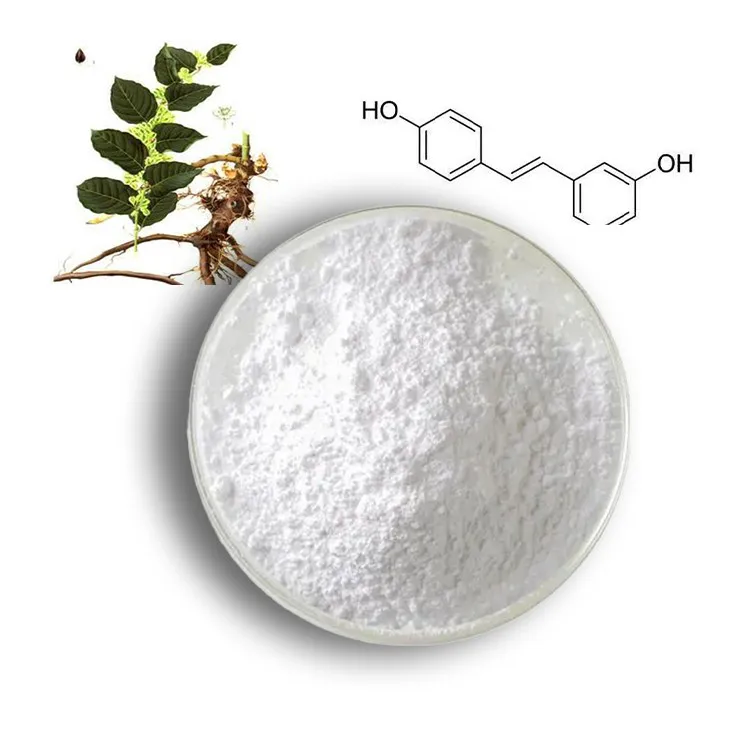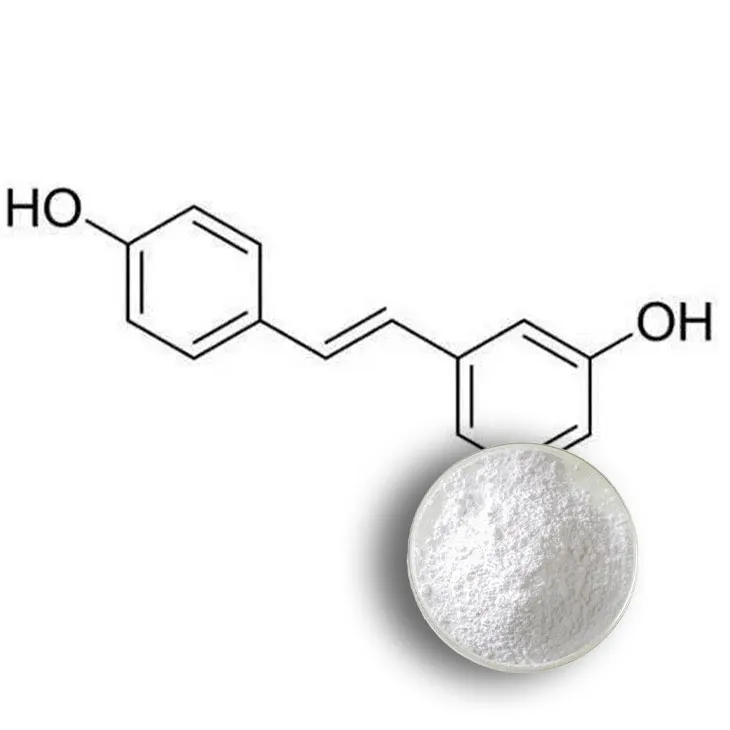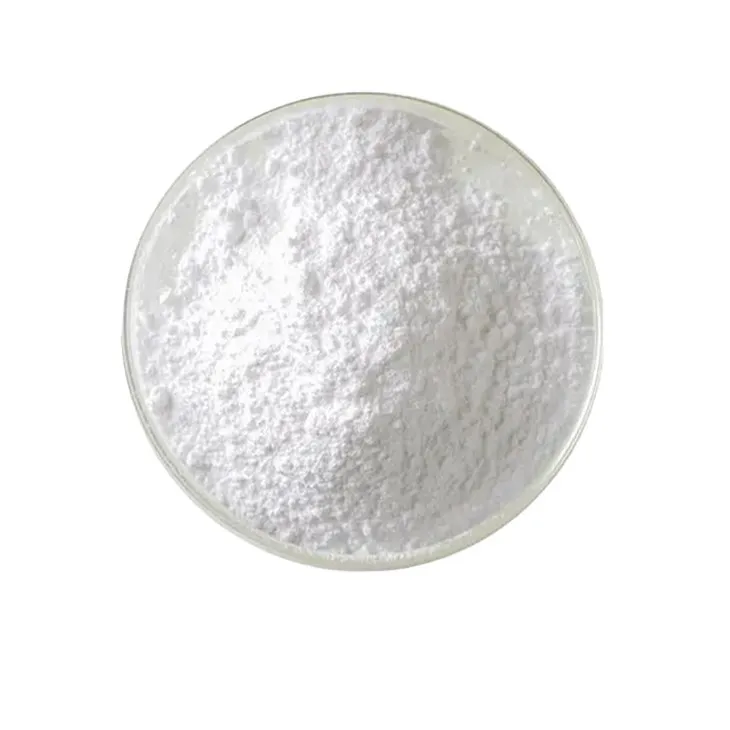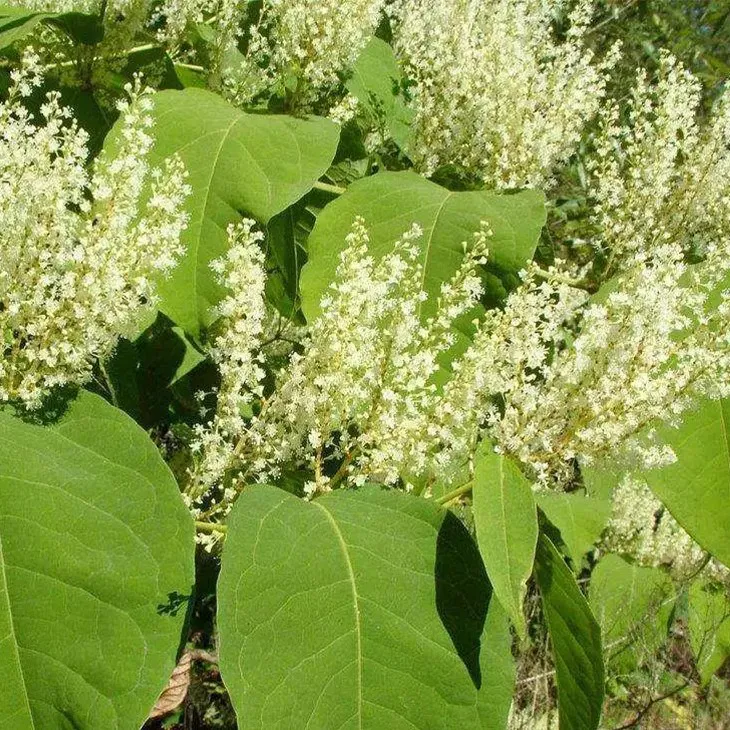- 0086-571-85302990
- sales@greenskybio.com
Organic Resveratrol Extract of Trace Components
2024-11-27

1. Introduction to Resveratrol
Resveratrol is a compound that has captured the attention of the scientific community and health - conscious individuals alike. It is widely recognized for its potential to enhance health in various ways. Resveratrol is found in nature, particularly in grapes, peanuts, and some medicinal herbs. The organic Resveratrol extract, even when present in micro - quantities, has been the focus of extensive research due to its promising properties.

2. Source of Organic Resveratrol extract
Organic Resveratrol extract is derived from plants that are rich in this compound. Grapes are perhaps the most well - known source. However, peanuts and certain medicinal herbs also contain resveratrol. The extraction process is sophisticated and designed to obtain the purest form of the compound. This involves careful selection of the plant material, followed by extraction methods that preserve the integrity of the resveratrol.

3. Antioxidant Activity
One of the most remarkable features of the micro - component organic resveratrol extract is its antioxidant activity. Antioxidants play a crucial role in maintaining health by combating free radicals. Free radicals are unstable molecules that can cause damage to cells, DNA, and proteins in the body. They are associated with a wide range of diseases, including heart disease, cancer, and neurodegenerative disorders, as well as the aging process.
The antioxidant properties of resveratrol work by scavenging these free radicals. It donates electrons to the free radicals, thereby neutralizing them and preventing them from causing further damage. This process is essential for protecting the body's cells and maintaining their normal function. Research has shown that resveratrol can be effective in reducing oxidative stress, which is an imbalance between the production of free radicals and the body's ability to detoxify them.

4. Anti - inflammatory Action
Inflammation is a natural response of the body's immune system to injury or infection. However, chronic inflammation can lead to various health problems. The micro - component organic resveratrol extract may have anti - inflammatory properties that can help regulate the body's immune response.
It is believed that resveratrol can interfere with the signaling pathways involved in inflammation. By doing so, it can reduce the production of pro - inflammatory cytokines, which are molecules that promote inflammation. This anti - inflammatory action of resveratrol may have implications for the treatment of inflammatory diseases such as arthritis, inflammatory bowel disease, and asthma.

5. Influence on Gene Expression
Another area of interest regarding the micro - component organic resveratrol extract is its potential to influence gene expression. Gene expression refers to the process by which the information encoded in a gene is used to produce a functional product, such as a protein. Resveratrol has been shown to interact with various cellular signaling pathways that are involved in gene regulation.
Studies suggest that resveratrol could influence gene expression related to metabolism and cell survival. For example, it may up - regulate genes that are involved in antioxidant defense mechanisms, thereby enhancing the body's ability to protect itself against oxidative stress. Additionally, it may affect genes related to cell proliferation and apoptosis (programmed cell death), which are important processes in maintaining the health of tissues and organs.
6. Resveratrol in Nutraceuticals and Functional Foods
The potential health benefits of resveratrol make it a valuable ingredient in the fields of nutraceuticals and functional foods. Nutraceuticals are products that are derived from food sources and have potential health benefits beyond basic nutrition. Functional foods are those that contain bioactive components, such as resveratrol, which can provide specific health benefits.
As consumers become more aware of the importance of a healthy diet and the role of bioactive compounds in maintaining health, the demand for products containing resveratrol is likely to increase. The organic nature of the resveratrol extract is an added advantage, as it is perceived as being of higher quality and more natural compared to synthetic forms.
7. Research and Future Directions
Despite the many potential benefits of the micro - component organic resveratrol extract, more research is needed to fully understand its mechanisms of action and its long - term effects on health. Current research has provided valuable insights, but there are still many unanswered questions.
Future research may focus on the following areas:
- Clinical trials: Conducting large - scale clinical trials to determine the efficacy of resveratrol in treating specific diseases, such as heart disease, diabetes, and cancer.
- Mechanisms of action: Further elucidating the molecular mechanisms by which resveratrol exerts its antioxidant, anti - inflammatory, and gene - regulatory effects.
- Optimal dosage: Determining the optimal dosage of resveratrol for different health conditions and populations.
- Combination therapies: Investigating the potential of combining resveratrol with other bioactive compounds or drugs to enhance its therapeutic effects.
8. Conclusion
The micro - component organic resveratrol extract holds great promise in the realm of health promotion. Its antioxidant, anti - inflammatory, and gene - regulatory properties make it a fascinating compound for researchers and a potentially valuable ingredient in nutraceuticals and functional foods. However, further research is required to fully unlock its potential and to ensure its safe and effective use. As our understanding of resveratrol continues to grow, it may become an increasingly important part of strategies for maintaining health and preventing disease.
FAQ:
What is micro - component organic resveratrol extract?
Micro - component organic resveratrol extract is an extract obtained through advanced extraction methods from plants like peanuts, some medicinal herbs, and grapes. It contains resveratrol in small amounts and is in an organic form, which has various potential health - enhancing properties.
What are the main health benefits of micro - component organic resveratrol extract?
Its main health benefits include antioxidant activity, which can eliminate free radicals in the body related to diseases and aging. It also has anti - inflammatory action that may regulate the body's immune response. Moreover, it might influence gene expression related to metabolism and cell survival.
How is micro - component organic resveratrol extract obtained?
It is obtained through sophisticated extraction techniques from plants rich in resveratrol. These plants include peanuts, certain medicinal herbs, and grapes.
Why is the organic nature of resveratrol extract important?
As consumers are more concerned about the quality and origin of the substances they consume, the organic nature of resveratrol extract adds to its attractiveness. Organic extracts are often considered to be of higher quality and free from synthetic pesticides and fertilizers.
What makes micro - component organic resveratrol extract a subject of research in nutraceuticals and functional foods?
Its potential to influence gene expression related to metabolism and cell survival, along with its antioxidant and anti - inflammatory properties, makes it an interesting subject for research in the fields of nutraceuticals and functional foods. These properties could potentially be used to develop products that enhance health and prevent diseases.
Related literature
- Resveratrol: A Review of Its Anti - Aging and Anti - Cancer Properties"
- "The Role of Organic Resveratrol in Promoting Health: A Comprehensive Review"
- "Micro - components in Nutraceuticals: The Case of Organic Resveratrol Extract"
- ▶ Hesperidin
- ▶ citrus bioflavonoids
- ▶ plant extract
- ▶ lycopene
- ▶ Diosmin
- ▶ Grape seed extract
- ▶ Sea buckthorn Juice Powder
- ▶ Beetroot powder
- ▶ Hops Extract
- ▶ Artichoke Extract
- ▶ Reishi mushroom extract
- ▶ Astaxanthin
- ▶ Green Tea Extract
- ▶ Curcumin Extract
- ▶ Horse Chestnut Extract
- ▶ Other Problems
- ▶ Boswellia Serrata Extract
- ▶ Resveratrol Extract
- ▶ Marigold Extract
- ▶ Grape Leaf Extract
- ▶ blog3
- ▶ blog4
-
Chinese Feverfew Extract Suppliers.
2024-11-27
-
Active ingredient of shikonin.
2024-11-27
-
Chinese lotus leaf extract suppliers.
2024-11-27
-
Nature's Bounty Tongkat Ali Extract Powder.
2024-11-27
-
Nature's Bounty lotus leaf extract.
2024-11-27
-
Organic Almond Extract Powder Supplier.
2024-11-27
-
White Willow Bark Extract
2024-11-27
-
Bamboo Leaf extract
2024-11-27
-
Black Pepper Extract
2024-11-27
-
Carrageenan Extract Powder
2024-11-27
-
Grape Leaf Extract
2024-11-27
-
Europen Bilberry Extract
2024-11-27
-
Tongkat Ali Extract
2024-11-27
-
Purple Sweet Potato Extract
2024-11-27
-
Beetroot juice Powder
2024-11-27
-
Sugarcane Extract
2024-11-27





















